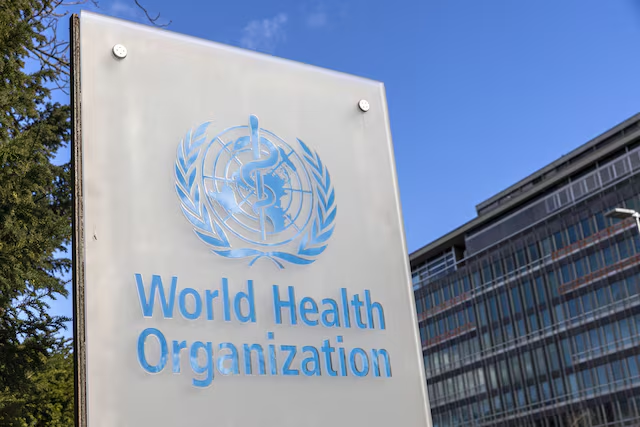The World Health Organization (WHO) has emphasized that there is currently no conclusive scientific evidence linking autism spectrum disorder to the use of acetaminophen (paracetamol) during pregnancy.
In a statement issued by the health agency, expectant mothers are urged to to follow the guidance of health professionals when using any medicines.
“Extensive research has been undertaken over the past decade, including large-scale studies, looking into links between acetaminophen use during pregnancy and autism. At this time, no consistent association has been established, ”the statement read in part.
WHO noted that nearly 62 million people globally about one in 127 are living with autism spectrum disorder, a diverse group of conditions affecting brain development.
While awareness and diagnosis have improved, the exact causes remain unclear, with multiple factors believed to play a role.
“Any medicine should be used with caution during pregnancy, especially in the first three months, and in line with advice from health professionals, "WHO advised.
In addition, WHO strongly reaffirmed that vaccines do not cause autism, pointing to decades of evidence and large-scale studies from multiple countries that have consistently reached the same conclusion.
“Original studies suggesting a link were flawed and have been discredited,” the statement explained.
Since 1999, independent experts advising WHO have confirmed that vaccines including those containing thiomersal or aluminum do not cause autism or other developmental disorders.
The agency highlighted that childhood immunization schedules, developed through rigorous scientific review, have saved at least 154 million lives over the past 50 years.
“The childhood immunization schedule, carefully guided by WHO, has been adopted by all countries and remains essential for the health and wellbeing of every child and every community,” the statement added.
WHO reaffirmed its commitment to supporting autistic people and their families, calling for evidence-based approaches free of stigma.

